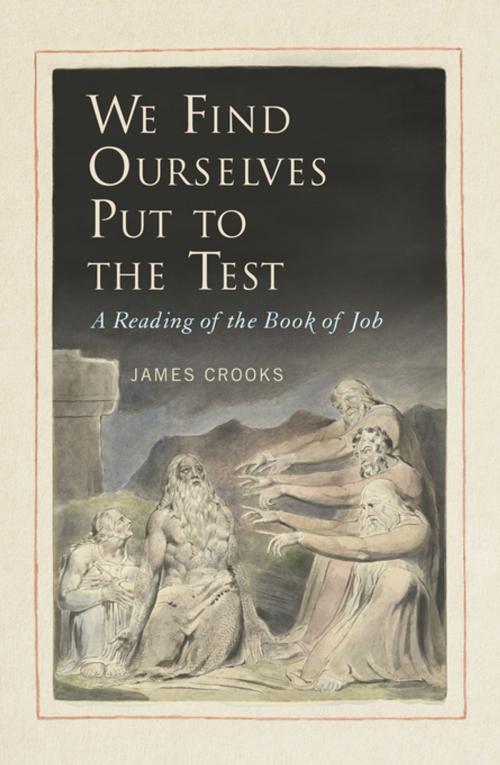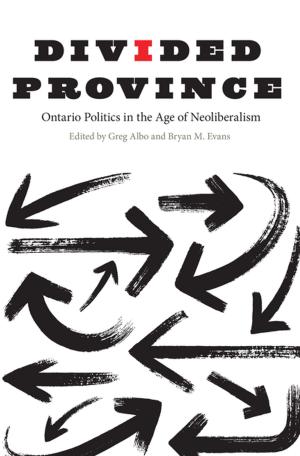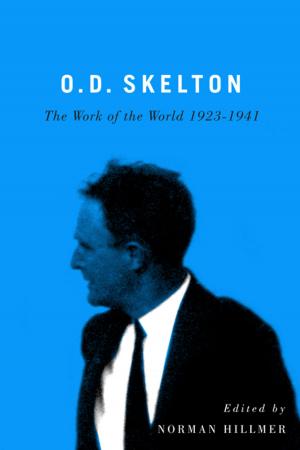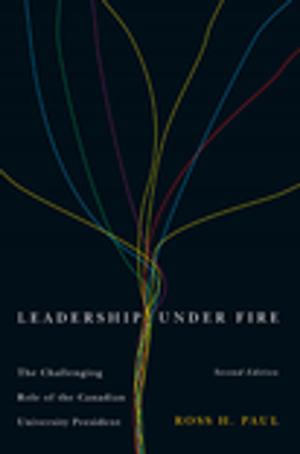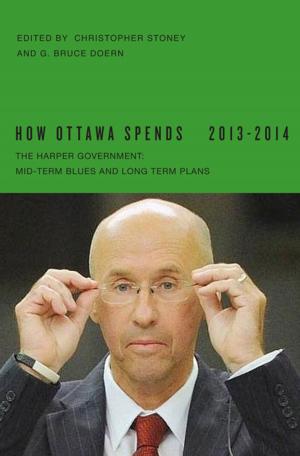We Find Ourselves Put to the Test
A Reading of the Book of Job
Nonfiction, Religion & Spirituality, Philosophy, Religious| Author: | James Crooks | ISBN: | 9780773554382 |
| Publisher: | MQUP | Publication: | May 7, 2018 |
| Imprint: | MQUP | Language: | English |
| Author: | James Crooks |
| ISBN: | 9780773554382 |
| Publisher: | MQUP |
| Publication: | May 7, 2018 |
| Imprint: | MQUP |
| Language: | English |
Does the world we inhabit offer us hospitality or indifference? This question is central to the spiritual literature of all cultures. In We Find Ourselves Put to the Test James Crooks returns to the Bible’s book of Job to explore the enduring relevance of that question and its philosophical dimensions. Beginning with the puzzle of Job’s famous stoicism and nihilism in the face of loss, Crooks explores the contradictions of suffering as dramatized in the dialogue between Job and his friends. How is it that the friends’ attempt to comfort Job with a rational explanation of his misfortune devolves seamlessly into victim blaming? How is it that Job’s own renunciation of life at the nadir of his pain converts into an intellectual patience that outlasts the advocates of rational explanation? We Find Ourselves Put to the Test gives a portrait of the suffering protagonist looking into the heart of a creation that is, by necessity, both indifferent and hospitable. A philosophical exploration of one of the most enigmatic books in the Bible, We Find Ourselves Put to the Test goes beyond critical interpretation and suggests a way of reading the book of Job that is animated by a consideration of the reader’s narratives and communities, and the limits of his or her own understanding.
Does the world we inhabit offer us hospitality or indifference? This question is central to the spiritual literature of all cultures. In We Find Ourselves Put to the Test James Crooks returns to the Bible’s book of Job to explore the enduring relevance of that question and its philosophical dimensions. Beginning with the puzzle of Job’s famous stoicism and nihilism in the face of loss, Crooks explores the contradictions of suffering as dramatized in the dialogue between Job and his friends. How is it that the friends’ attempt to comfort Job with a rational explanation of his misfortune devolves seamlessly into victim blaming? How is it that Job’s own renunciation of life at the nadir of his pain converts into an intellectual patience that outlasts the advocates of rational explanation? We Find Ourselves Put to the Test gives a portrait of the suffering protagonist looking into the heart of a creation that is, by necessity, both indifferent and hospitable. A philosophical exploration of one of the most enigmatic books in the Bible, We Find Ourselves Put to the Test goes beyond critical interpretation and suggests a way of reading the book of Job that is animated by a consideration of the reader’s narratives and communities, and the limits of his or her own understanding.
